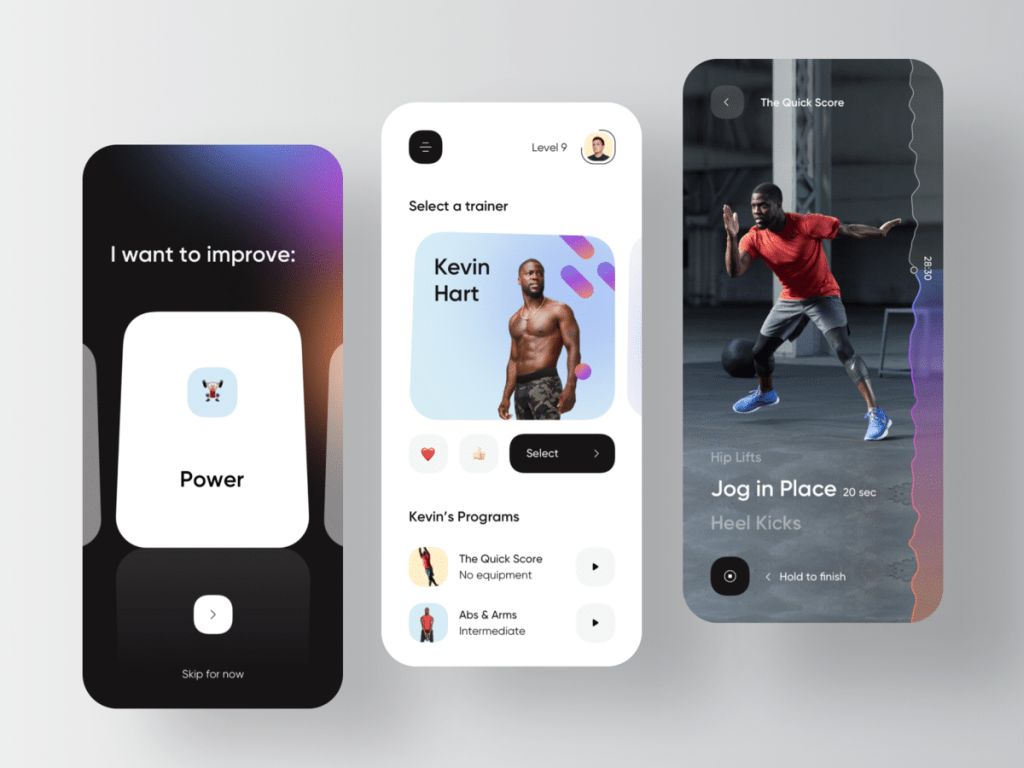Can A Fitness App Be Helpful in Losing Weight?

In an era where smartphones have become an essential part of our daily lives, fitness apps have surged in popularity. These apps promise to guide users through workouts, track progress, and even provide personalized health tips. As the quest for effective weight loss solutions continues, many people are turning to fitness apps for support. This article explores whether fitness apps can be helpful in losing weight, examining their features, effectiveness, and potential drawbacks.
The Rise of Fitness Apps
Fitness apps have seen exponential growth over the past decade. They offer a range of functionalities, from step counting and calorie tracking to guided workout routines and virtual coaching. Some popular fitness apps include MyFitnessPal, Fitbit, Nike Training Club, and Lose It!, each catering to different aspects of fitness and health management.
Features of Fitness Apps
- Activity Tracking: Most fitness apps track physical activity, whether it’s walking, running, cycling, or other forms of exercise. By using GPS and motion sensors, these apps provide detailed insights into distance covered, steps taken, and calories burned.
- Calorie Counting: Calorie tracking is a critical feature for weight loss. Apps like MyFitnessPal and Lose It! allow users to log their food intake, providing nutritional information and daily calorie goals. This helps users make informed dietary choices and stay within their caloric limits.
- Workout Routines: Many fitness apps offer pre-designed workout routines tailored to different fitness levels and goals. These routines often include instructional videos and tips to ensure proper form and technique, making it easier for users to exercise effectively.
- Goal Setting and Progress Monitoring: Fitness apps enable users to set personalized fitness goals, such as losing a certain amount of weight or running a specific distance. Progress tracking features help users stay motivated by visualizing their achievements over time.
- Community Support: Some apps incorporate social features, allowing users to connect with friends, join groups, and participate in challenges. This sense of community can provide motivation and accountability, which are crucial for sustained weight loss.

Effectiveness of Fitness Apps
- Accountability and Motivation: Fitness apps can significantly enhance accountability and motivation. Regular notifications, progress updates, and reminders to log activities or meals help users stay on track with their weight loss journey. The ability to set and monitor goals provides a clear roadmap and sense of achievement, boosting motivation.
- Personalization and Accessibility: Fitness apps offer personalized experiences tailored to individual goals, preferences, and fitness levels. They provide convenient access to fitness resources, making it easier for users to incorporate physical activity into their daily routines. The flexibility to exercise anytime, anywhere, eliminates common barriers such as time constraints and gym accessibility.
- Behavioral Insights: By tracking activities, calories, and progress, fitness apps provide valuable insights into users’ behaviors and habits. These insights help users identify patterns, make informed decisions, and adjust their routines for better results. For example, users might notice they are more active on certain days or that specific foods impact their calorie intake significantly.
- Educational Resources: Many fitness apps include educational content on nutrition, exercise, and healthy living. This information empowers users to make healthier choices and understand the science behind weight loss. Knowledge about proper portion sizes, the benefits of different types of exercise, and the importance of hydration can contribute to more effective weight management.
Potential Drawbacks
- Over-Reliance on Technology: While fitness apps provide valuable tools, there is a risk of becoming overly reliant on technology. Users might focus too much on numbers and data, losing sight of the broader picture of health and well-being. It’s essential to balance app usage with mindful and intuitive eating and exercise practices.
- Accuracy of Data: The accuracy of data collected by fitness apps can vary. Factors such as incorrect logging of food, GPS inaccuracies, and variations in individual metabolism can affect the reliability of calorie and activity tracking. Users should view app data as approximations rather than precise measurements.
- Privacy Concerns: Fitness apps collect and store sensitive personal data, including health and location information. Privacy concerns arise if this data is not adequately protected or is shared with third parties. Users should choose reputable apps with robust privacy policies and be mindful of the permissions they grant.
- Sustainability: While fitness apps can be highly motivating initially, maintaining long-term engagement can be challenging. The novelty of using the app may wear off, leading to decreased usage over time. It’s important for users to develop sustainable habits and not rely solely on the app for motivation.
Conclusion
Fitness apps can be incredibly helpful in losing weight by providing tools for activity tracking, calorie counting, and goal setting. They enhance accountability, motivation, and personalization, making it easier for users to stick to their weight loss plans. However, it’s crucial to balance app usage with mindful practices, be aware of data accuracy limitations, and address privacy concerns. By using fitness apps as part of a comprehensive approach to health and fitness, users can effectively support their weight loss journeys and achieve their goals.









